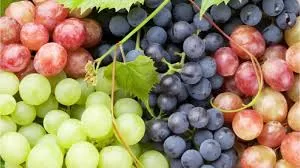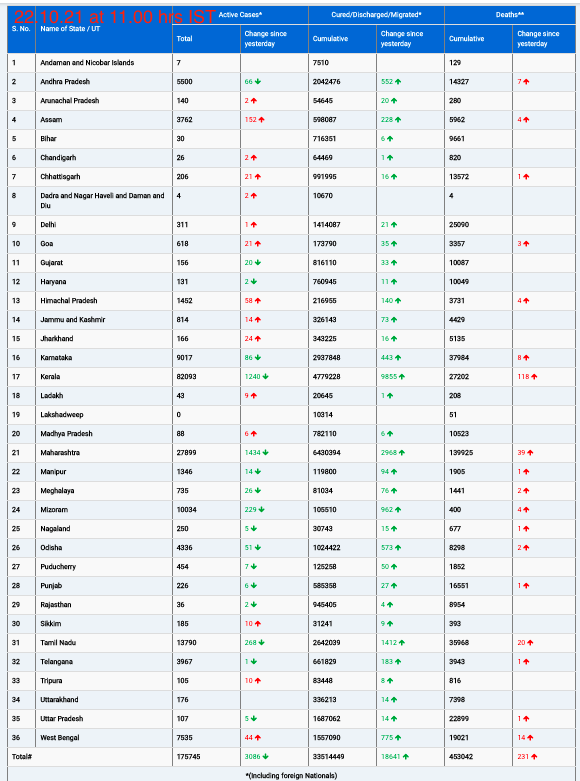Berlin/São Paulo – Researchers are delving into the medicinal properties of plants and fruits, exploring their potential to combat diseases and bolster the immune system, particularly in the face of rising antibiotic resistance. Recent studies indicate that certain plant extracts and fruit fibers may offer significant health benefits, from preventing urinary tract infections (UTIs) to improving digestive health and reducing the risk of chronic diseases.
A collaborative effort between the University of Munich and the Federal University of Minas Gerais (UFMG) is focusing on the efficacy of medicinal plants in treating UTIs. During a lecture at FAPESP Week Germany, held at the Free University of Berlin, the team revealed their development of infection models to study how plant compounds interact with bladder cells and influence immune responses.
“Although their anti-inflammatory, antipyretic and analgesic effects are well known, the active compounds of these plants – such as flavonoids, alkaloids and terpenoids – and their mechanisms of action on pathogen cells have yet to be characterized,” explained Ulrich Dobrindt, a professor at the University of Munich. The researchers are particularly interested in plants listed in the German pharmacopoeia, such as Solidago gigantea and Equiseti herba, which have traditional uses in urological treatments.
Their research has shown that water-based extracts from these plants significantly reduce the adhesion and proliferation of Escherichia coli, the primary cause of UTIs, in human bladder cells. “We observed a drastic reduction in the adhesion and proliferation of this bacterium in bladder cells,” Dobrindt stated.
Meanwhile, in Brazil, researchers at the University of São Paulo’s School of Pharmaceutical Sciences, in collaboration with the Food Research Center (FoRC), are investigating the role of fruit fibers in digestive health and disease prevention. Their focus is on polysaccharides, particularly pectins found in fruits like papaya, passion fruit, and citrus fruits.
“During fruit ripening, enzymes are expressed that modify the structure of the pectins, reducing their beneficial biological effects,” explained João Paulo Fabi, professor at the University of São Paulo. To overcome this challenge, the team developed new methods to extract and modify pectin from discarded parts of oranges and passion fruit, enhancing their effectiveness.
These modified pectins have shown promising results in preclinical animal studies, suggesting potential applications in chemotherapy treatment for colon cancer and as modulators of the intestinal microbiota. “These preclinical studies can serve as a basis for the development of clinical trials [with modified pectins] as adjuvants to chemotherapy treatment of colon cancer or even as beneficial modulators of the intestinal microbiota,” Fabi said.
The combined research from Germany and Brazil highlights the potential of natural substances in advancing health and medicine, suggesting that plants and fruits may hold the key to future treatments and preventive measures.
Disclaimer: The information provided in this article is for informational purposes only and should not be construed as medical advice. Always consult with a qualified healthcare professional before making any decisions about your health or treatment. The research discussed is ongoing, and further studies are needed to confirm these findings and establish definitive medical applications.(https://www.earth.com/news/fruits-and-plants-are-powerful-allies-for-disease-prevention/)












